Many children dream of having a dog, and while dogs make great companions, it’s essential to ensure the breed you choose is safe for both your child and your new pet. While most dogs are trainable and quick learners, some breeds can present challenges in a household with kids. Not all dogs are suited for family life, and some have instincts or traits that may be harder to manage. Here are some breeds you might want to reconsider if you’re thinking of adding a dog to your family.
PitBull
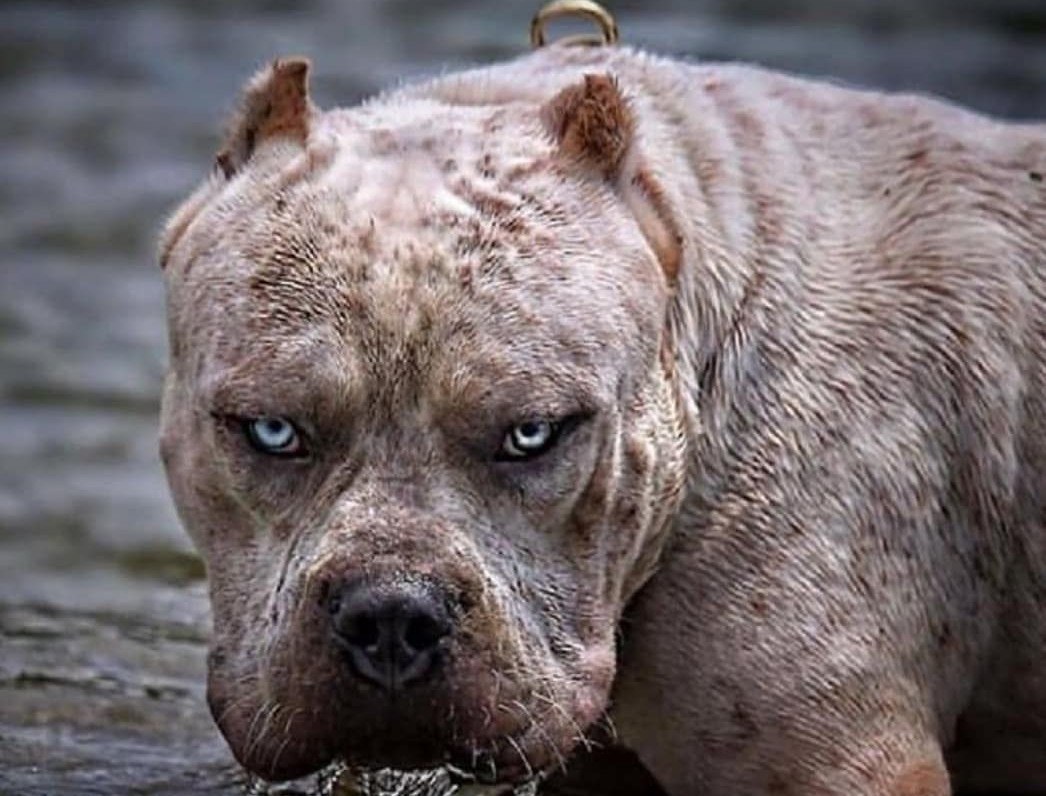
Pitbulls are strong, energetic, and highly loyal dogs, but they require proper training and socialization. Their protective nature can sometimes be misunderstood, making responsible ownership essential. Without proper guidance, they may develop territorial tendencies. With the right care, they can be affectionate and loving family pets.
Bullmastiff

Bullmastiffs are large, loyal dogs with protective instincts. While they can be great companions and are highly trainable, their size and strength can pose challenges. These dogs need clear leadership from their owners to prevent dominance issues. A Bullmastiff may do well with older children who can manage them, but they require an experienced handler to ensure they behave appropriately around youngsters.
Australian Shepherd
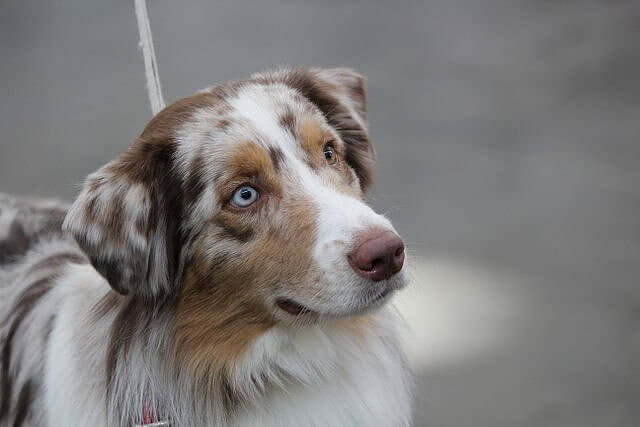
Australian Shepherds are active dogs that need constant exercise and mental stimulation. Without adequate physical activity, they can develop behavioral problems such as excessive barking or destructiveness. They are also known to be cautious around strangers, so they may not always be the most social around your child’s friends during playdates. Their high energy levels make them better suited for active families with older children.
Siberian Husky
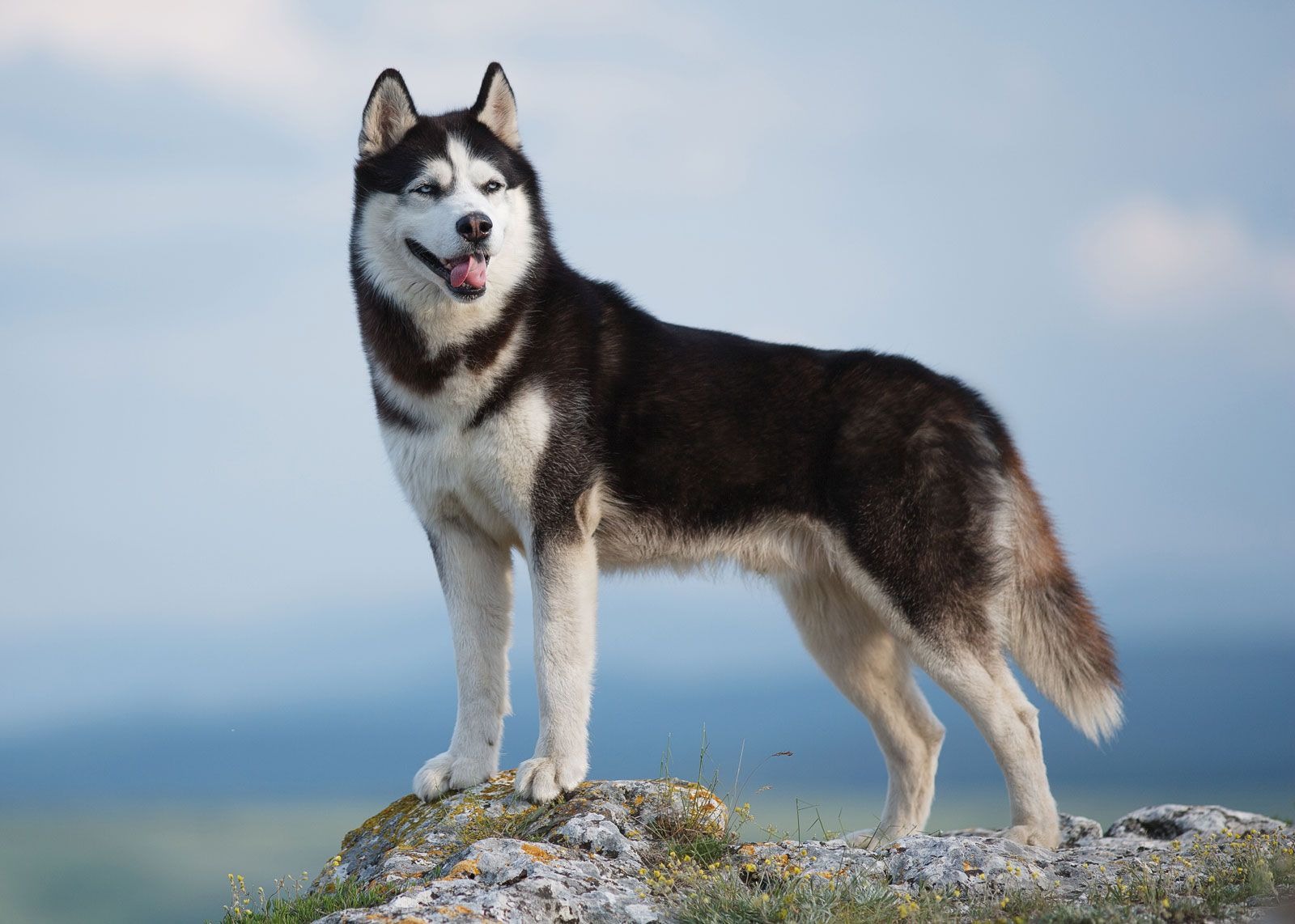
Siberian Huskies are known for their high energy and affectionate nature. However, they require a lot of attention and can sometimes compete for affection, especially in a home with children. Huskies need regular exercise to stay happy and healthy, and their independent nature means they might not always listen to commands. While they are generally trainable, their need for constant attention can make them challenging for families with young children.
Chow Chow
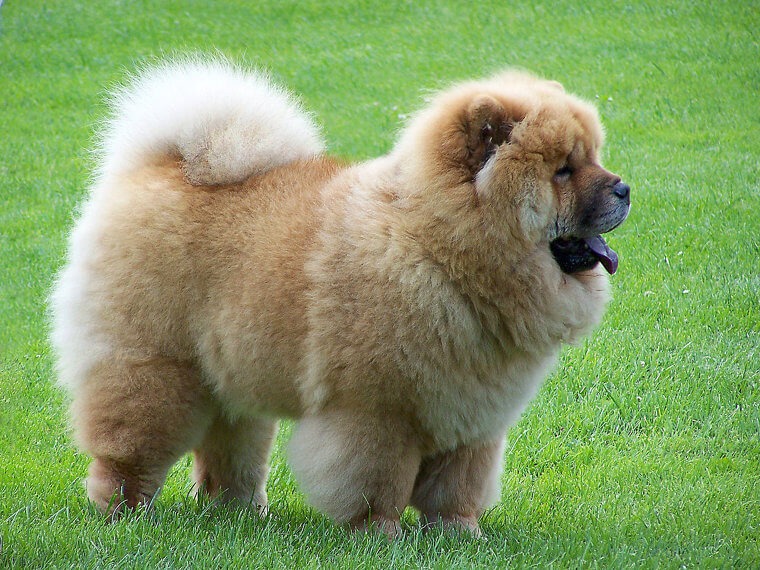
Chow Chows are large dogs with a thick coat of fur, often mistaken for cuddly stuffed animals. While they can be gentle, they also have a strong territorial instinct and can become aggressive if they feel threatened. Due to their size, they may unintentionally knock things over, which could pose a risk to young children. Chow Chows require consistent affection and can be protective, so they may not always be the best fit in homes with smaller children.
Afghan Hound
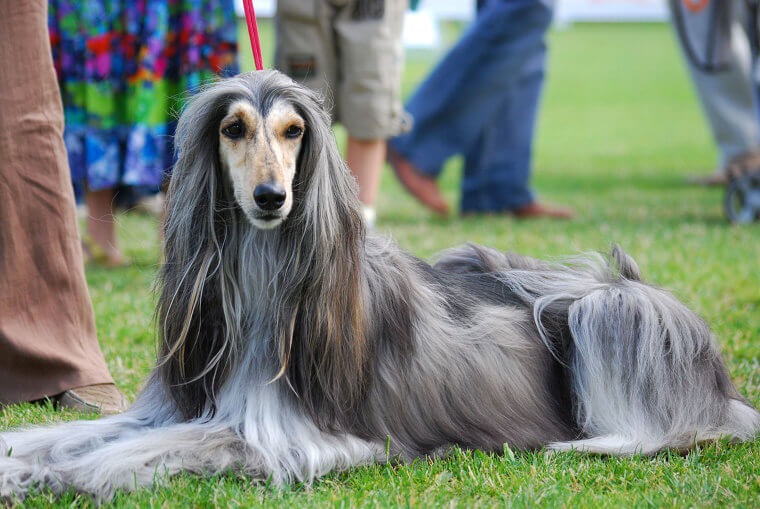
Afghan Hounds are independent, sassy dogs that require strong leadership. They can be challenging for first-time dog owners and may not be the easiest breed to handle around children due to their dominant nature. While they are generally calm, they need a firm and consistent approach, and their aloofness may make them less tolerant of the noise and activity that comes with young kids.
Japanese Chin
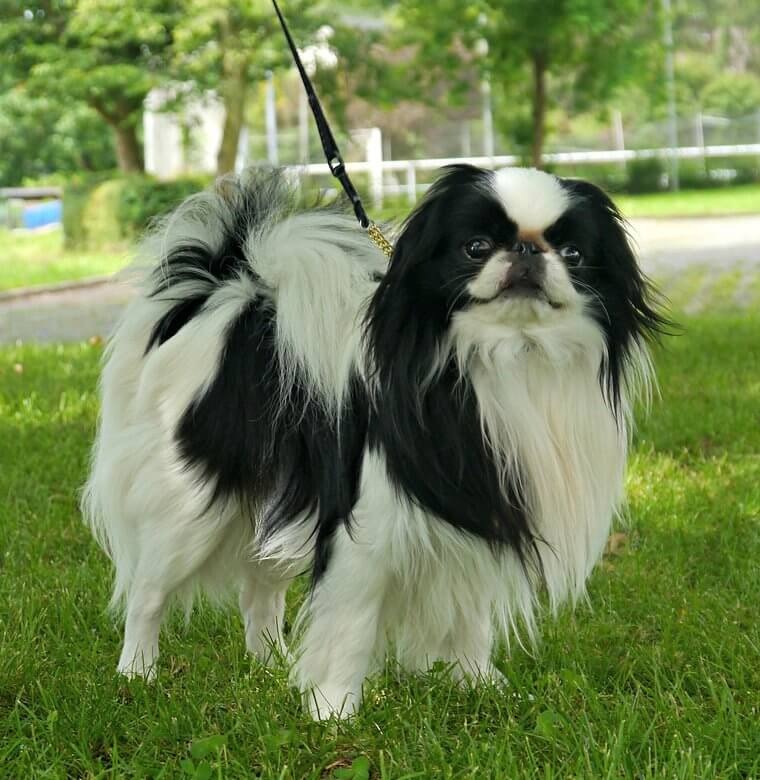
Japanese Chins are small, elegant dogs with a royal background. While they are affectionate and enjoy being pampered, they can develop a jealous streak if they feel neglected, especially when competing for attention with children. These dogs are best suited for households that can provide them with the attention they crave, and they might not handle the excitement of young kids as well as other breeds.
Belgian Malinois
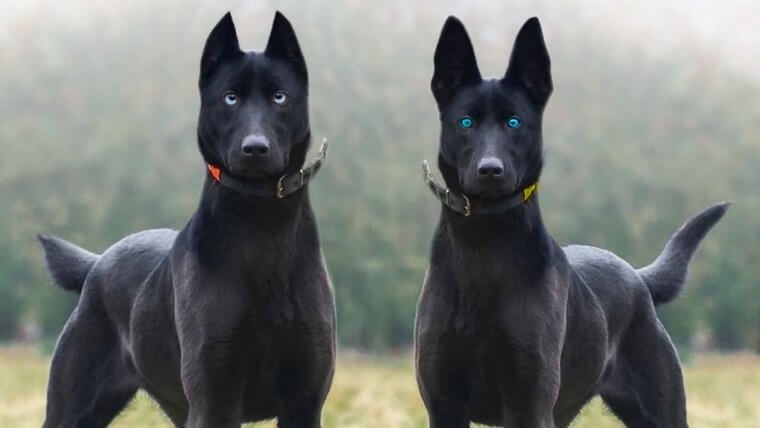
Belgian Malinois are intelligent, high-energy dogs often used in police and military roles. While they are highly trainable, their strong protective instincts can sometimes lead to aggression, especially toward small children or unfamiliar people. Their high energy and need for a structured routine make them better suited for experienced dog owners who can provide the necessary training and leadership.
Doberman Pinscher

Doberman Pinschers are known for their loyalty and protective nature. While they can make excellent family pets, their strong guarding instincts can sometimes lead to aggressive behavior, especially if not properly socialized. This breed requires an experienced owner who can manage their behavior, particularly around small children, to prevent any potential issues.
Dalmatian
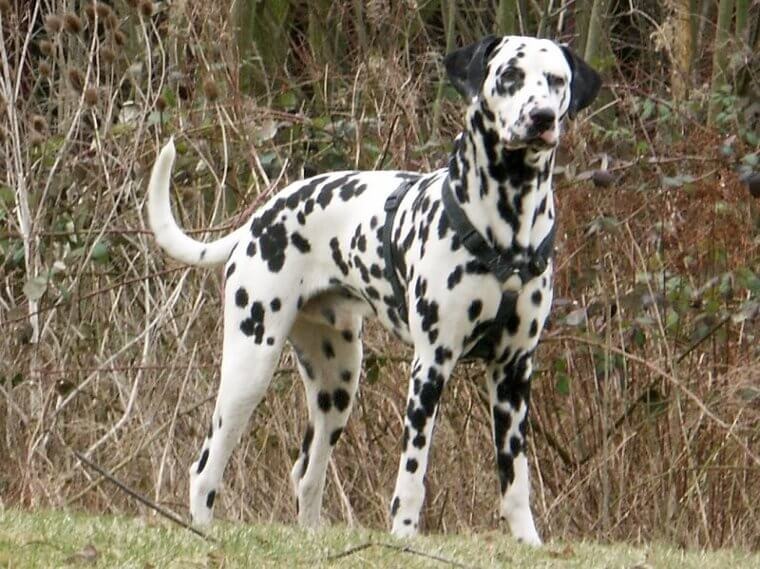
Dalmatians are energetic, playful dogs that make great companions for active families. However, they require a lot of attention and can become destructive if not properly exercised. Dalmatians may become nippy if they feel ignored, and their high energy can be overwhelming for young children. Older children who can match their energy levels may be a better fit for this breed, but it’s important to ensure they receive enough physical and mental stimulation.
Leave a Reply